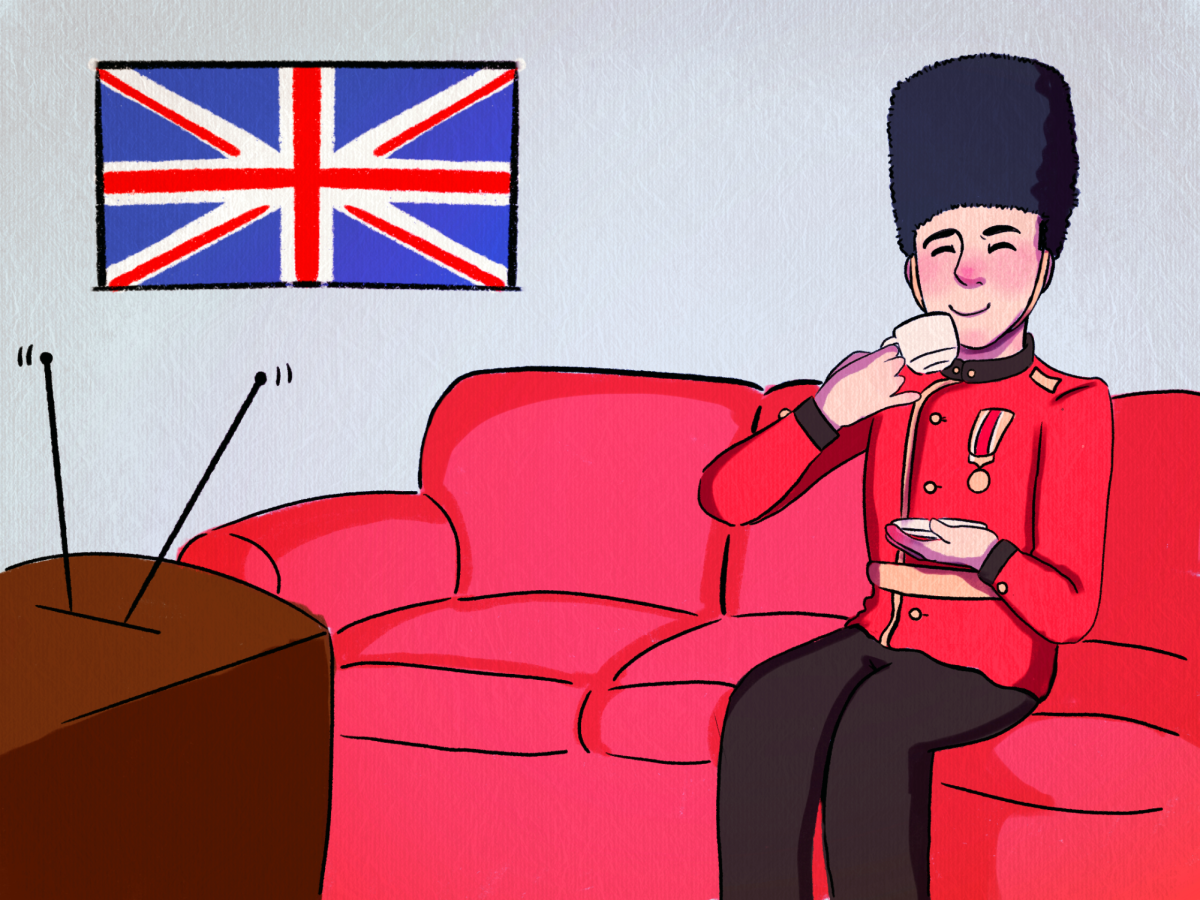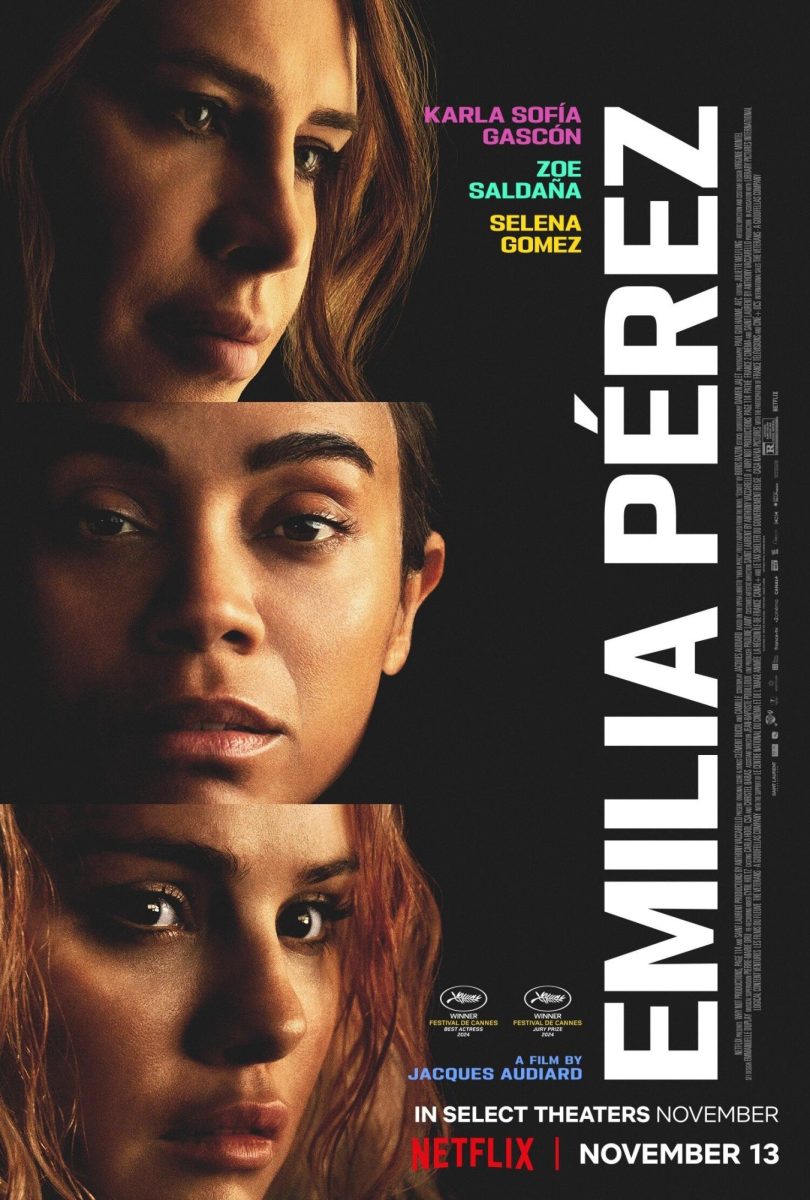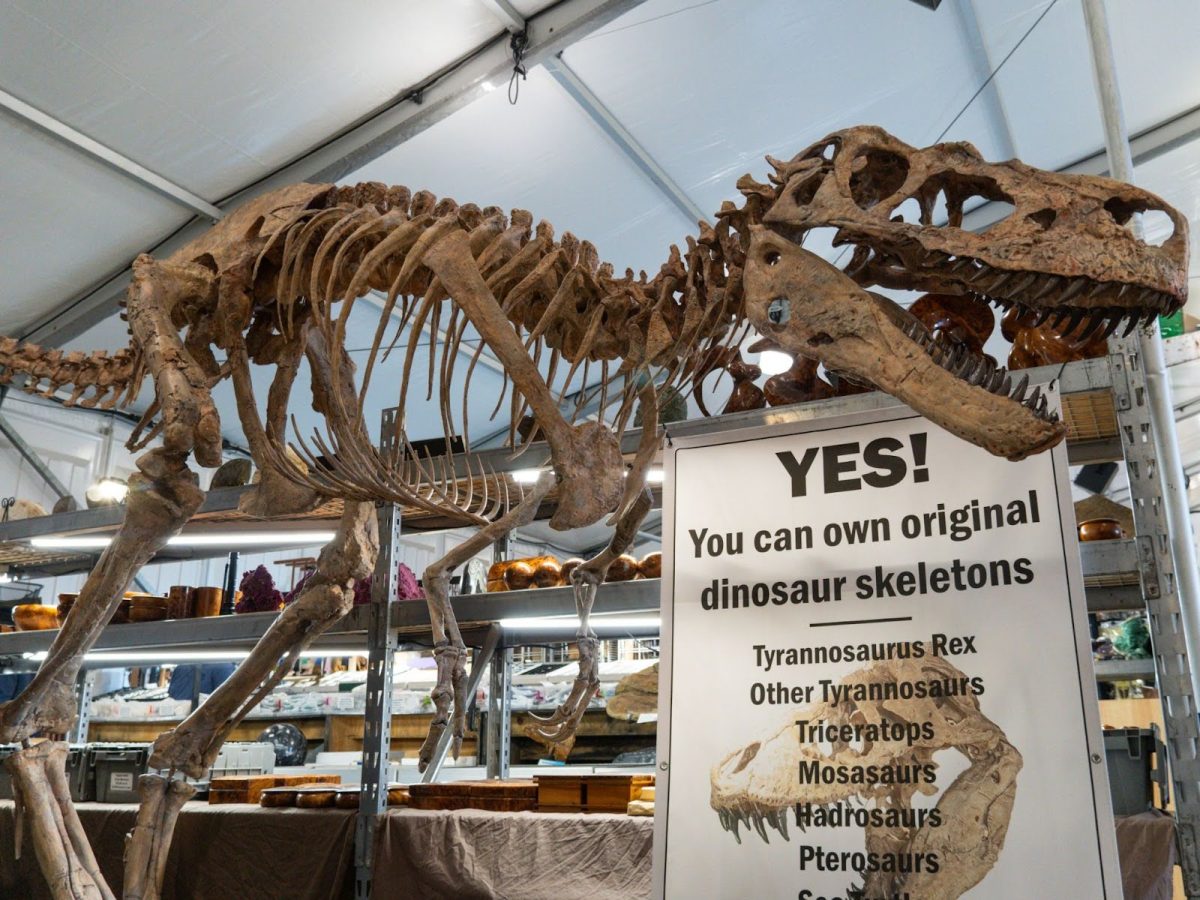If Amy Poehler says it, it must be so. Right?
That seemed to be the premise when the famed comedian took to Twitter following the 2015 Golden Globes Awards with a lot to say. America’s favorite funny lady made a loud statement with a hashtag and subsequent media campaign to #AskHerMore.
“Ask Her More” is the sentiment held by public figures and Twitter activists alike who note that, even at the most distinguished of award ceremonies, reporters care more about what a woman is wearing than about what she has accomplished.
This is obviously an issue. While men on the red carpet are treated like dimensional human beings — asked about their characters, goals and political opinions — women are reduced to mannequins who are repeatedly and monotonously interrogated about “who they are wearing” and what type of underwear they could possibly be donning beneath risqué gowns. The gender divide here, as in other places in and out of Hollywood, is blatant and sickening.
However, rather than “asking her more,” can’t we just ask all celebrities less?
It should not come as such a surprise that actors and actresses are treated as brand representatives. Their jobs as movie and television stars are to look and act in ways that best represent their characters, producers and agents. If celebrities are asked about how they are dressed, it’s partly because looking certain ways is what they are paid to do.
So, why should we place so much weight on the opinions of those whose jobs are to star in our favorite Netflix series? Off the red carpet, many celebrities are virtually treated as omniscient beings. While many actors are only educated and trained in the arts, we still expect them to act as the be-all and end-all sources for political, social and environmental commentaries.
Our reverence for these glamorous figures is understandable, but it’s misplaced and can even be dangerous. Celebrities often use their platforms to publicize their political views. Take Leonardo DiCaprio on climate change, Angelina Jolie on human rights and Emma Watson on feminism. While these people are doubtlessly eloquent and informed in their respective areas of activism, should we really be more attuned to them than to professionals, scholars and political activists who have dedicated their entire lives to gaining expertise in these areas?
On a list published on Harper’s Bazaar of “25 Inspiring Women Who Changed the Face of Feminism”, 11 out of the 25 noted were actresses or singers. Here, Beyoncé — who admittedly looks stunning while dancing in the foreground of a giant “FEMINIST” sign — is juxtaposed with Hillary Clinton, the most successful female politician in our nation, and Malala Yousafzai, who was shot in the head at 15 in her fight for girls’ education and is now the youngest-ever recipient of the Nobel Peace Prize. Which of the three does not belong?
We can see the issue clearly when Watson’s United Nations speech on gender equality has close to 7 million views on YouTube, while Yousafzai’s Nobel Peace Prize acceptance speech, uploaded at roughly the same time, has less than 500,000 views. Watson’s status as a famed actress elevates her platform to have reached an audience over 15 times larger than that of a Nobel Peace Prize recipient.
Of course, both of these young women are doing amazing things, and their words, which are similar in message and meaning, have the potential to change the world. The danger with seeking extraneous commentary from celebrities arises, then, only when a Hollywood star uses their popularity to counter the opinions of experts.
UA communications associate professor Jennifer Stevens Aubrey shed some light on the risks of this discord.
“I suppose the only issue for me is with the cases in which the celebrities’ views are not in line with the experts’, such as the Jenny McCarthy anti-vax position,” Aubrey said. “Her position, in particular, caused serious detriment to public health.”
In this case, we see that a celebrity can use her popularity to impose a dangerous opinion with no foundation in actual research. Such unfounded claims, particularly those made by anti-vaccine celebrities, can amass hysteria amidst uninformed and impressionable media consumers.
While celebrities who use their fame for good are extremely admirable, the dangers of solely entrusting the famous for relevant political opinions can be dangerous. So, media, please do the public a favor and #AskThemLess.
_______________
Hailey Dickson is a freshman studying public health and molecular & cellular biology. Follow her on Twitter.








